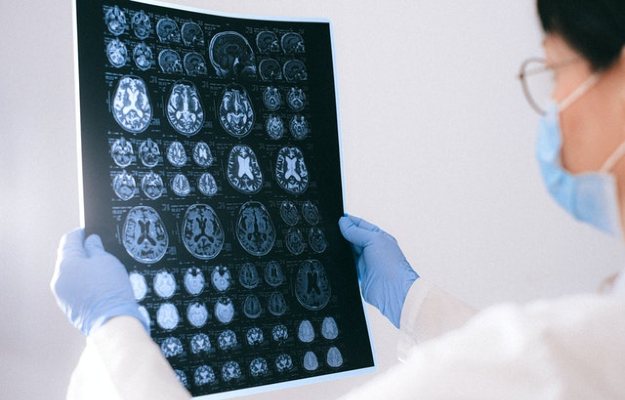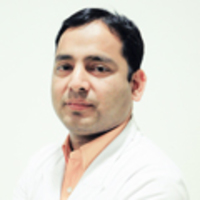What is a CT scan of the brain?
Computed tomography or CT scan brain test is an x-ray test used to obtain a detailed three-dimensional picture of the brain. The beams of x-rays produced by the scanner penetrate the brain at different levels, and the resulting images are picked up on the computer screen to form a three-dimensional picture of the brain. Sometimes, a dye (iodine) is administered with the test to increase the clarity of specific parts of the brain. The CT scan brain test is used to detect abnormalities in the brain and its surrounding tissue. Some variations in the scanning procedures such as CT arteriography and helical (spiral or volume-averaging) CT scan are used to detect disorders in blood circulation and provide accurate images of a specific area in the brain. The helical CT scan images the selected area of the brain in less than 30 seconds. This is helpful in children and patients who do not cooperate during the test.











































